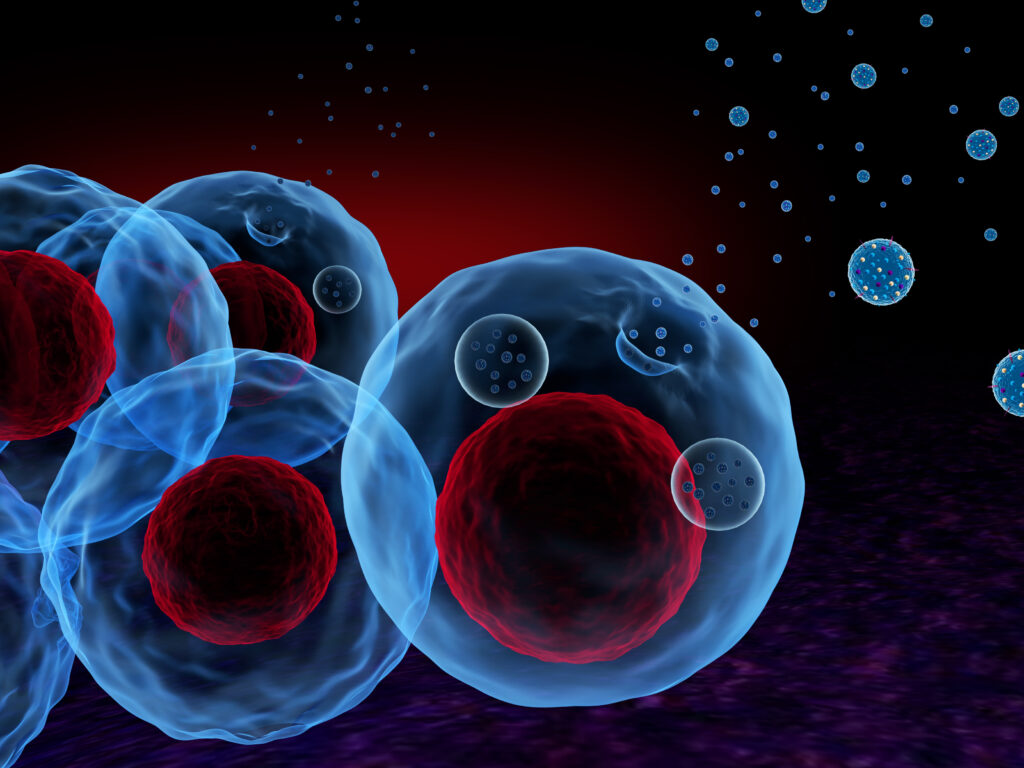Extracellular vesicles (EVs) have emerged as pivotal players in cellular communication, particularly in the context of cancer research. These vesicles can be classified into three major subpopulations: microvesicles, apoptotic bodies, and exosomes. Among these, exosomes have garnered significant attention due to their role in tumor biology and their potential as diagnostic and therapeutic tools.
Recent studies have highlighted the impact of tumor-derived exosomes on the cellular landscape during cancer progression. These exosomes possess the ability to reprogram the cellular environment, promoting tumor growth and metastasis. One of the most exciting aspects of exosomes is their presence in various body fluids, including blood, plasma, serum, saliva, cerebrospinal fluid (CSF), sweat, and tears. This widespread distribution makes them excellent candidates for identifying diagnostic and prognostic cancer biomarkers, offering a non-invasive approach to cancer detection.
The therapeutic potential of exosomes extends beyond their role as biomarkers. They have been identified as valuable resources for cancer therapy. Exosomes derived from diverse sources, such as stem cells, plants, and immune cells, exhibit significant cancer-healing properties. This opens up new avenues for developing innovative treatment strategies.
While cancer-targeting immunotherapy has shown promise, it often comes with limitations, including toxicity and high costs. In contrast, immune cell-derived exosomes offer a cell-free approach to cancer treatment. This method is associated with several advantages, including reduced toxicity, enhanced biocompatibility, decreased immunogenicity, and the potential for efficient, target-specific cancer therapies.
The review conducted by Ranjini Sengupta, Ibrahim S. Topiwala, Meghana Shakthi A, Rajib Dhar, and Arikketh Devi provides an in-depth exploration of the therapeutic signature of immune cell-derived exosomes for cancer treatment. Their research underscores the importance of these vesicles in the quest for effective cancer therapies and highlights their potential to revolutionize the field of oncology.
In conclusion, exosomes represent a promising frontier in cancer research, not only as biomarkers for diagnosis and prognosis but also as therapeutic agents. As our understanding of these cellular communication molecules deepens, we can expect to see significant advances in cancer treatment strategies that harness the power of exosomes, particularly those derived from immune cells. The work of Sengupta and colleagues is a testament to the exciting possibilities that lie ahead in this rapidly evolving field.


